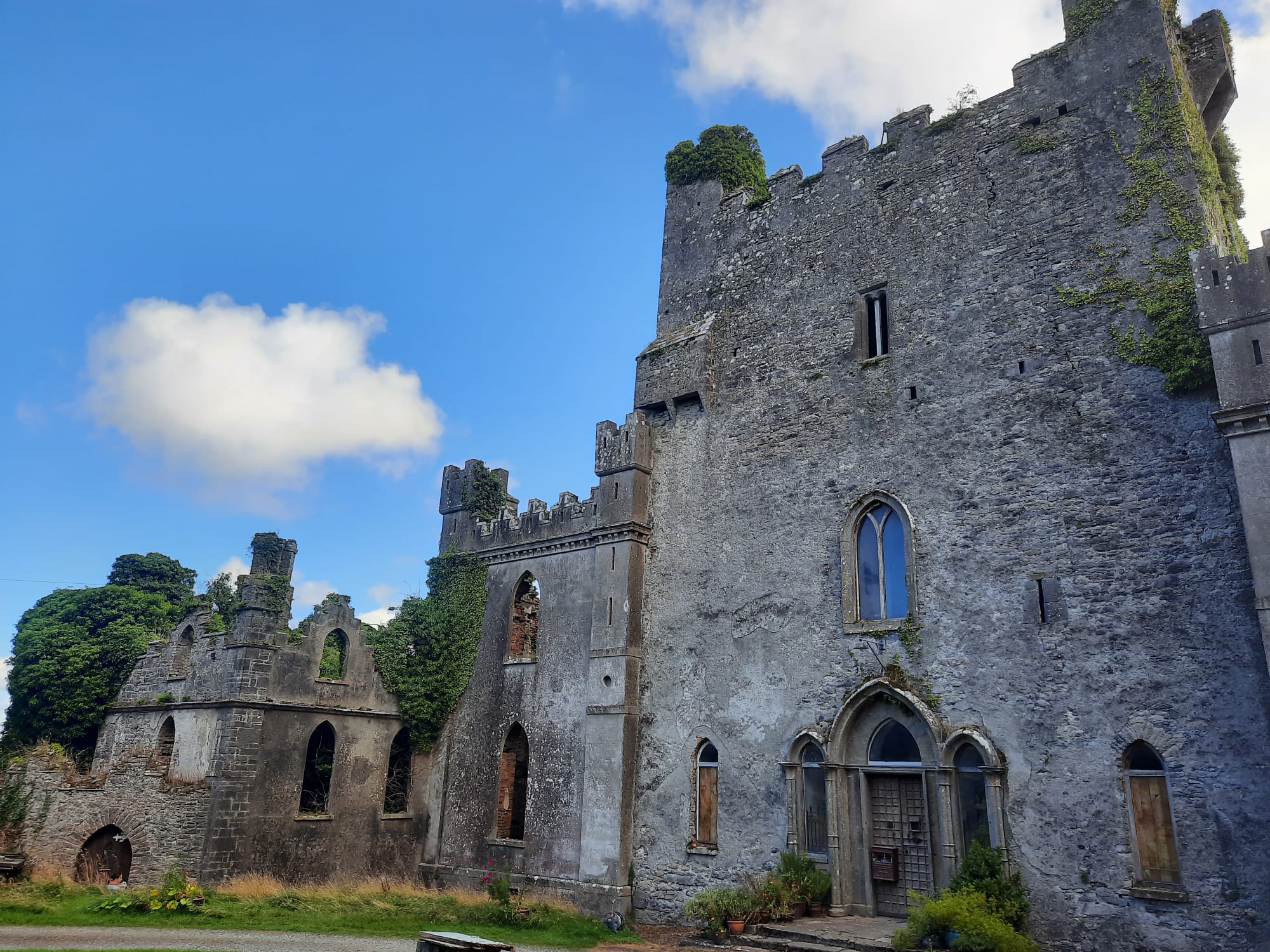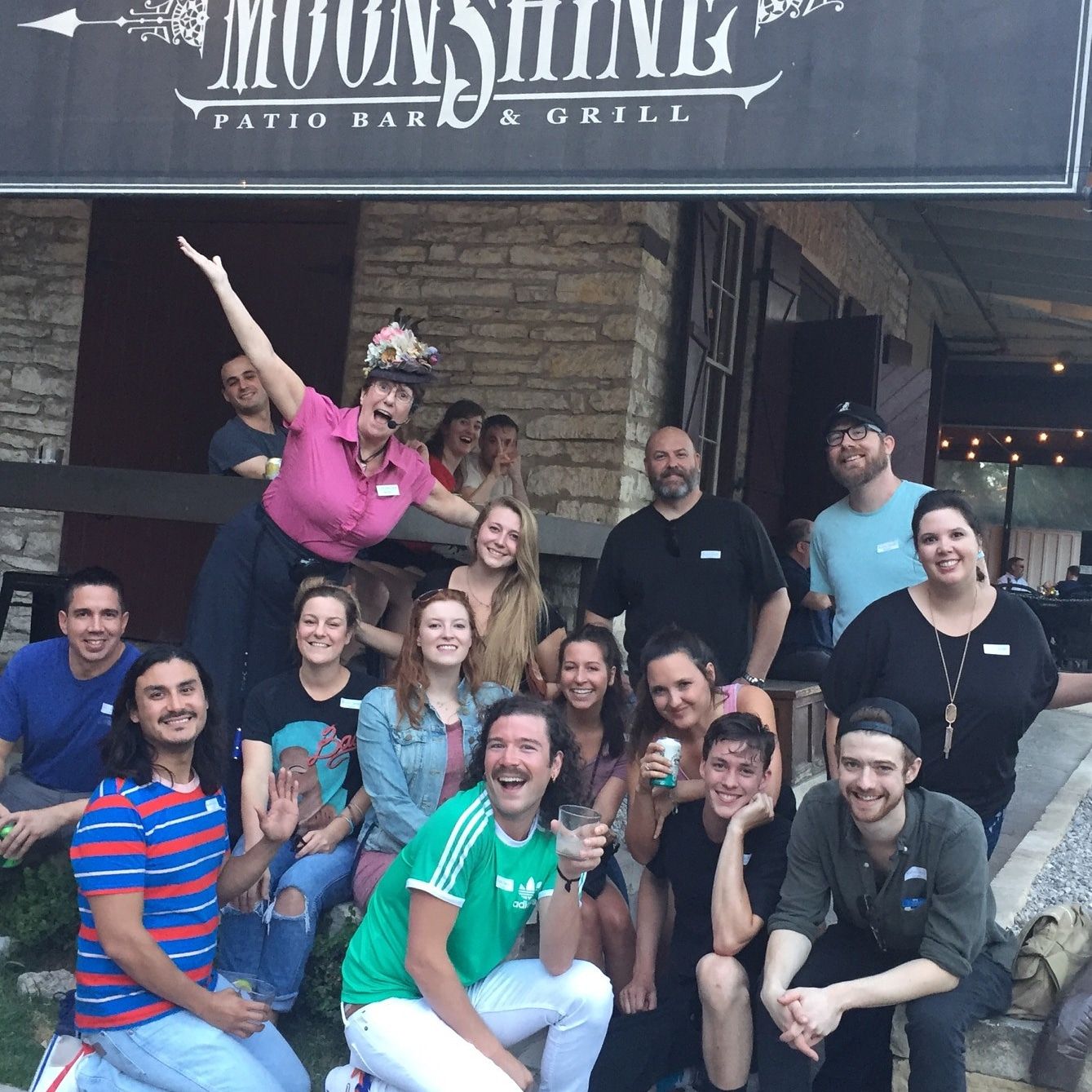We will be conducting a paranormal investigation of this privately owned castle on our trip to Ireland for Halloween. Join us!
This is from the Leap castle website:
One of the longest continually inhabited Castles in Ireland, Leap Castle has a rich and fascinating history. Leap Castle is thought to have been built in the early 1500’s by the O’Bannon clan. The O’Bannon clan were the secondary chieftains under the ruling of the O’Carroll clan. The current building is thought to have been built over an earlier castle. Before that the site was used by Druids for initiation ceremonies. The castle has been home to much bloodshed and violence over the centuries.
Originally named Leim Ui Bhanain meaning ‘Leap of the O’Bannons’. Legend has it that two O’Bannon brothers were contesting the chieftainship of their clan. The only way to settle this argument was a display of strength and bravery. They were to both jump off the rocky outcrop where the castle was to be built. The survivor won the honour and right to be Chieftain. Thus the castle was built, fueled by blood and death.
Leap Castle was used as a principle stronghold of the O’Carroll clan. It was used to guard the pass through the Slieve Bloom Mountains and has been said that no castle was more well-fortified than Leap. The O’Carrolls were a fierce and brutal people, bent on domination. They were known for their ruthless tactics, often killing others and each other on the path to supremacy. The O’Carolls called Leap Castle their home until it was wrenched from their hands in 1642 by an English soldier of the Cromwellian forces named John Darby.
The castle has been subject to much remodelling and restoration over the years, most of the remodelling having been done by the Darbys. The Darbys inhabited Leap Castle from 1642 until it’s burning in 1922. Unfortunately Leap Castle was the target for an uprising and was looted and burnt to an empty shell in 1922. Here it lay dormant until it was purchased in 1974 by an Australian, Peter Bartlett. This saw the awaking of the ancient building. The work is now being continued by current owners, the Ryans.
copyright 2025







